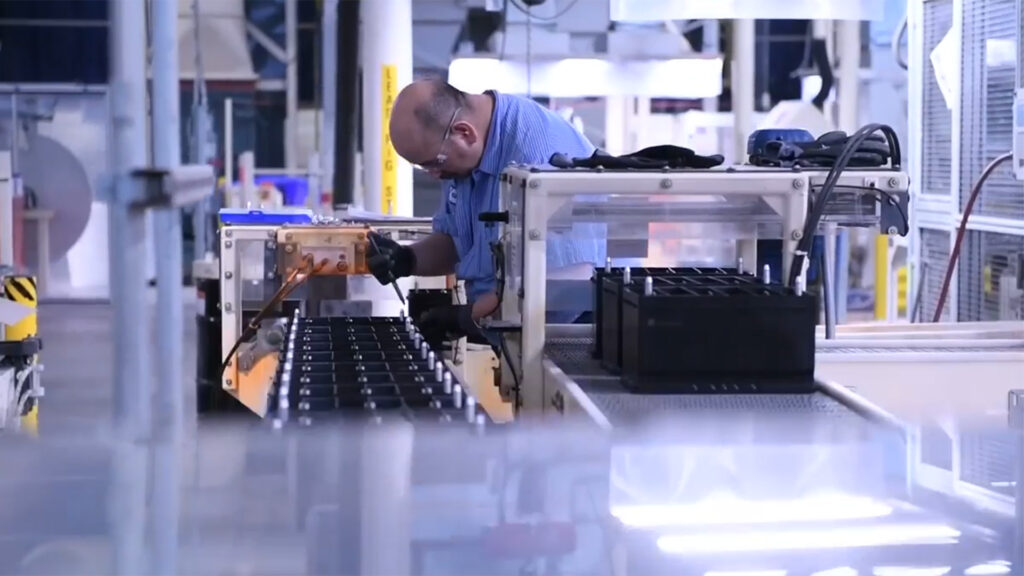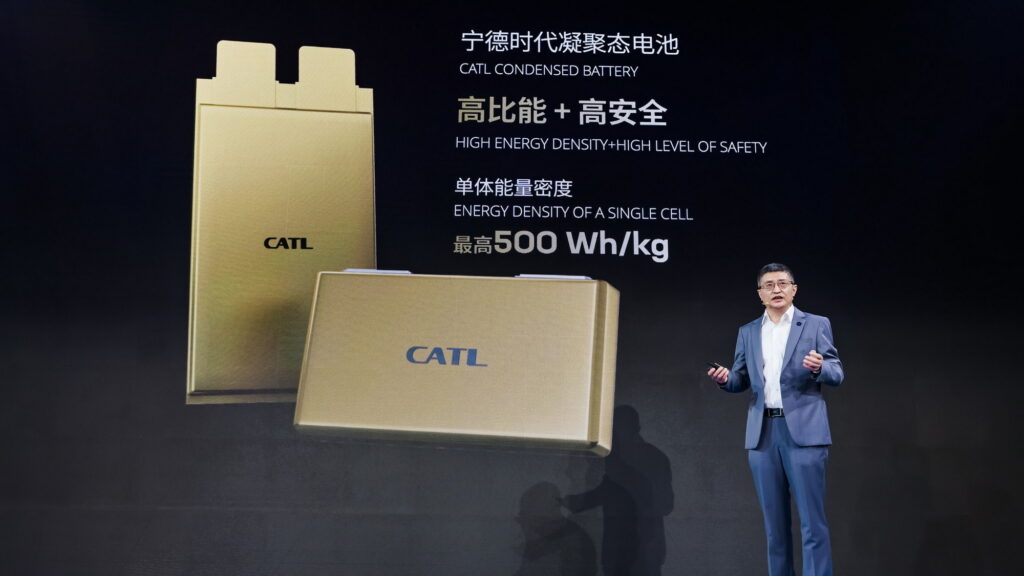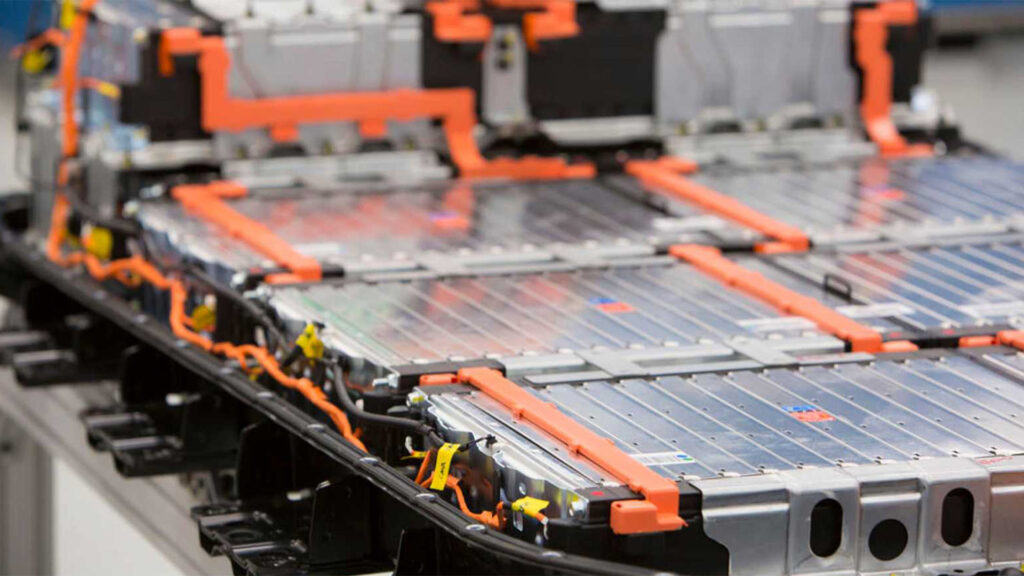The United States is eager to reduce China’s involvement in the EV supply chain but it would appear as though Chinese companies are one step ahead, announcing a series of partnerships with Korean companies that will allow them to ship batteries to U.S. and receive generous tax breaks.
Korea currently has a free trade agreement with the United States and batteries that are manufactured in South Korea and then installed in EVs assembled in the United States should qualify for tax breaks through the Inflation Reduction Act. While the Biden administration likely hoped this would reduce China’s stranglehold over the battery supply chain, it has instead prompted some of them to partner with Korean companies to establish battery plants in Korea. In fact, Bloomberg reports that $4 billion worth of investments have been announced by Chinese companies and their Korean partners for battery plants in Korea.
One of these companies is Ningbo Ronbay New Energy Technology Co. It recently announced that it will produce 80,000 tons of ternary precursors in Korea at a new factory and acknowledged it chose the country because it will be eligible for the U.S. tax breaks.
Read: U.S. Lawmakers Aren’t Happy About Ford’s Plant With Chinese Battery Maker, Demand Answers

“The product produced by the company’s Korea base meet the relevant requirements for qualified key minerals in the IRA bill and can enjoy the benefit of tariff policies when exporting to European and US markets,” the Chinese firm said.
China dominates the lithium refining, cobalt sulfate refining, battery cell, battery cathode, battery electrolyte, and battery separator industries and already supplies cathodes, anodes, and precursors to Korean juggernauts LG Energy Solution, Samsung SDI, and SK On.
“China and South Korea, we need each other,” Korea Battery Industry Association official Lee Myung-kyu said. “Korean cell makers feel it’s risky to import battery materials like cathodes and precursors from China due to the IRA. If those raw materials are all made in South Korea, that means Korea will have a more stable supply chain in the country.”
The U.S. is drafting rules to govern how much content to allow from a ‘foreign entity of concern’ like China and could block these Chinese-Korean joint ventures from receiving tax benefits at any time. If this were to happen, LG says it would buy out the joint venture it has with China’s Huayou Cobalt.
“The US can’t exclude Chinese firms from EV supply chains,” battery research firm SNE Research vice president James Oh told Bloomberg. “If they ban Korea-China partnerships, the US will never be able to make EVs.”




